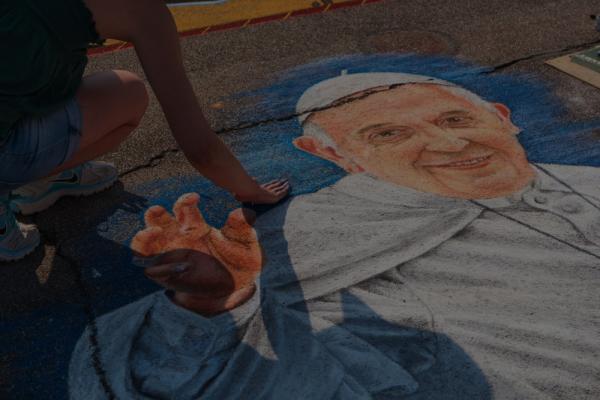Oct 27, 2015
At the conclusion of the most recent synod, Pope Francis encouraged bishops assembled to continue their journey. During this ongoing journey, Pope Francis warned against “hostile inflexibility” and to allow one’s self to “be surprised by God.”
Will seeking an understanding into the differences between civil and sacramental marriage help to diffuse church tension? Can religious and civil liberties peacefully coexist?
The words and actions of Pope Francis certainly indicate a desire to explore such a path. The question then becomes: will others follow him on this journey?
Read the Full Article

Already a subscriber? Login
